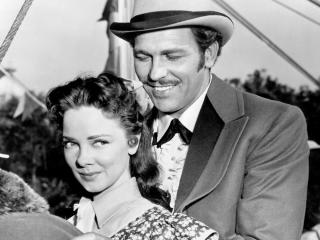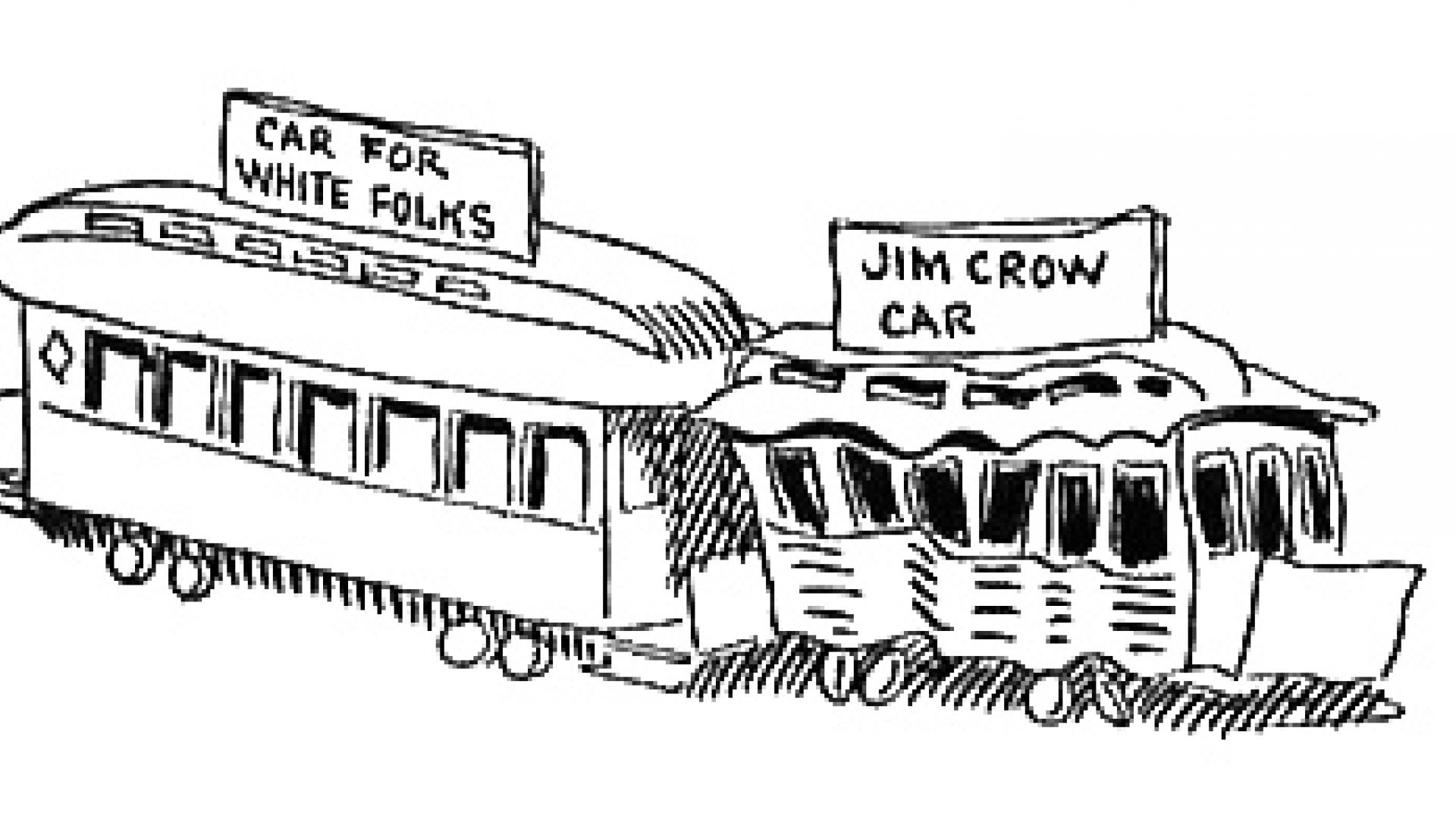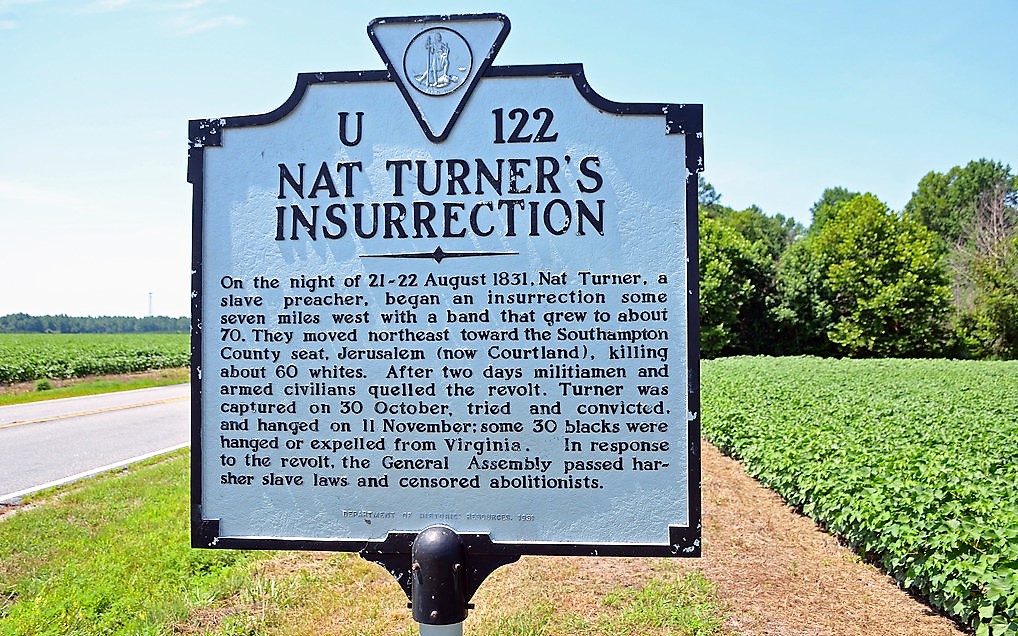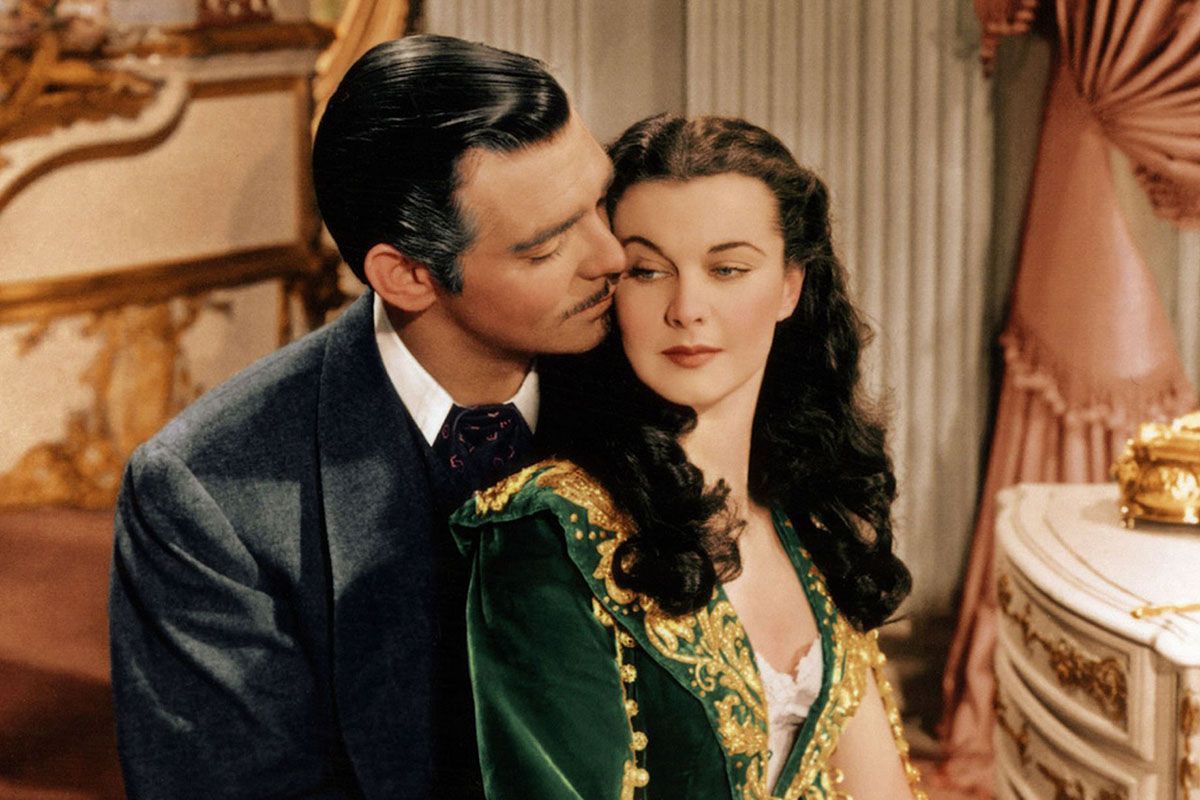Band of Angels is a romantic and dramatic film placed in the time of the American south before and during the Civil War. Southern belle, Amantha star, was a privileged white woman who grew up in the antebellum south. Her father, a Kentucky plantation owner, had been living off of borrowed money. After the passing of her father, the shocking discovery of the race of her mother flips her world upside down. Because of her recently discovered racial background, Imantha is considered black, although she looks white. After her father dies, Amantha is sent to be sold in place of the depths her father was in. Amantha is soon considered a slave and is sent to an auction in New Orleans. There, she was bought by a well-off man named Hamish Bond. Hamish saves her from the embarrassment she is being put through by buying her for an extreme price. Hamish owns multiple properties and treats all his slaves with dignity, and indeed has raised Rau-Ru as a son. On the boat ride back to Bond's home, he treats her with kindness and not as a slave. He then makes it clear that he intends to rape her. She is petrified by this and plans to hang herself from the ceiling in her room. Amantha arrives at the plantation and is greeted by an array of people. Amantha begins to grow unsure of what Hamish wants from her because she is technically a slave. Hamish shows interest in a different type of relationship with Amantha, one nothing like that of a slave and owner. Eventually, a romance develops between the two and Hamish offers Amantha freedom. Amantha is opposed to this and ops to stay. To make matter worse, Hamish bears a terrible secret from his past that makes new issues arise. Then, the Civil War breaks out. Eventually, New Orleans falls to the Union, making Hamish Bond a wanted man. He and Amantha are helped to escape by Rau-Ru (Hamish's right-hand man), who had fled and joined the Union army.

Although this movie receives a lot of criticism, it does deserve credit for approaching slavery in a different way. It is obvious that Amantha openly resents her blackness and is ashamed to have that in her blood. the movie did not hesitate to expose the ugliness of the slave trade and the system itself, and the fate of a large number of slaves who found themselves being forced by Union forces to continue struggling on the cotton and sugar plantations on behalf of the North. I think there are a few different aspects that the movie could have tapped into more to accentuate the plot and storyline of the movie. The movie is usually compared to "Gone with the Wind" although, I saw few similarities.







